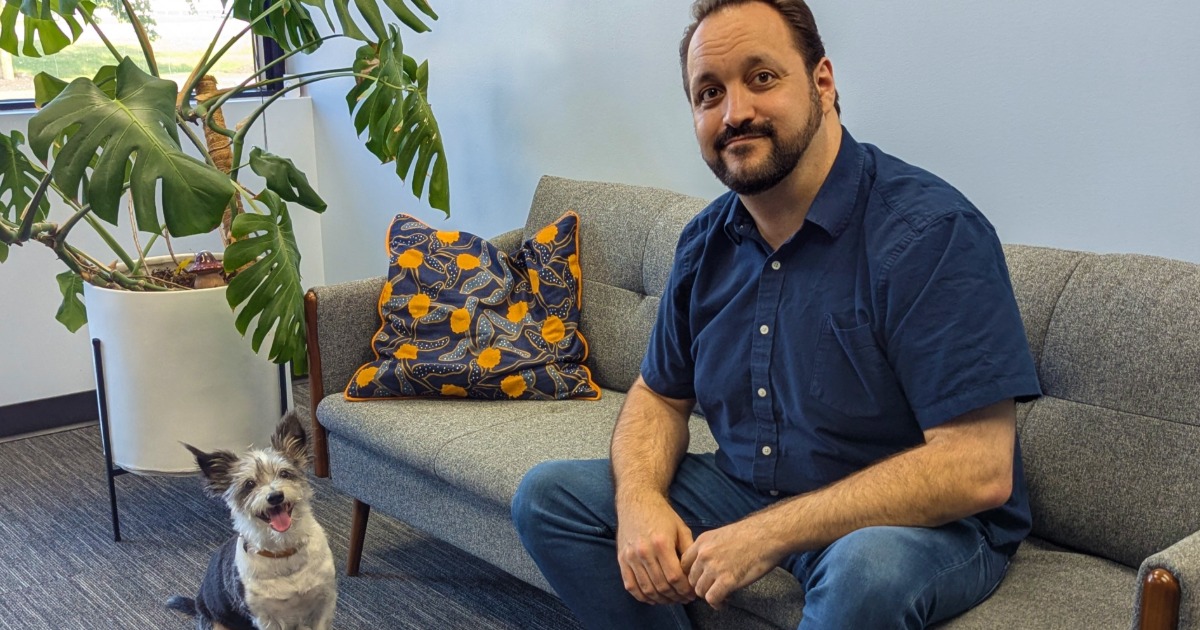The #MeToo movement has brought attention to the injustices women have long endured: sexual abuse, harassment and discrimination. While the discussion is important, however, the conversation shouldn't end there.
To Corinne Smith, a partner at healthcare law firm Strasburger & Price, the movement, while important, "is also very disruptive to the working woman's cause."
"Women are in a very difficult position right now," said Smith. "The #MeToo movement is based on overt sexual abuse, harassment and discrimination. However, there are a myriad of other forces at play which are not necessarily being addressed."
[Also: Yes, the glass ceiling is real: Here's how these women in health IT leaders are breaking through]
"Our country is still mired in implicit bias," she added. "There is a term called 'benevolent sexism' that still holds women back and is hidden behind the shield of chivalry."
And part of that contributes to women's progress in breaking through the glass ceiling. Although women have made significant strides in ensuring they have a seat at the executive table, they're still underrepresented in C-suite roles -- especially in healthcare.
As Smith spent most of her career in Texas, she said she often ponders whether the glass ceiling is set a bit higher than in other parts of the country. And in her area and around the country, there's still a "good old boys network."
Here, "deals are still made on the golf course or on hunting trips where women typically do not participate," said Smith.
[Also: Study: It’s not about behavior, it’s about bias]
But the challenge goes beyond the glass ceiling. In fact, Smith said that she doesn't think much about glass ceiling anymore. Her current concern is the "Glass Cliff" – a term used on the podcast Freakonomics Radio.
"Research shared in that podcast shows that women have been more successful at breaking the glass ceiling and obtaining executive roles," said Smith. "However, they are more frequently promoted in struggling companies that are quick to blame them or push them out if they don't have a successful turnaround (they are pushed off the glass cliff)."
While the challenges faced by women are clear, the future does look promising. Smith said, "I'm hopeful that younger women will not have the same experiences."
Referencing a quote attributed to former Texas Governor Ann Richards, Smith said, "After all, Ginger Rogers did everything that Fred Astaire did. She just did it backwards and in high heels."
To Smith, this embodies her own experience, as she's "done a lot of things backwards and in high heels (including being a single parent and caring for elderly parents)."
"It is not a gross generalization to say that women face so many more challenges than men in the workplace," said Smith. "That is not a 'woe is me' statement but a fact that is backed up by the #MeToo movement and implicit bias research."
"I encourage women in health IT to speak up when they see inequities in the workplace and educate their co-workers, managers and employees on implicit bias as a way to 'wake up' to what is holding us back from performing at our full potential and truly giving everyone an opportunity to move into leadership roles," she added.
Twitter: @JessieFDavis
Email the writer: jessica.davis@himssmedia.com


